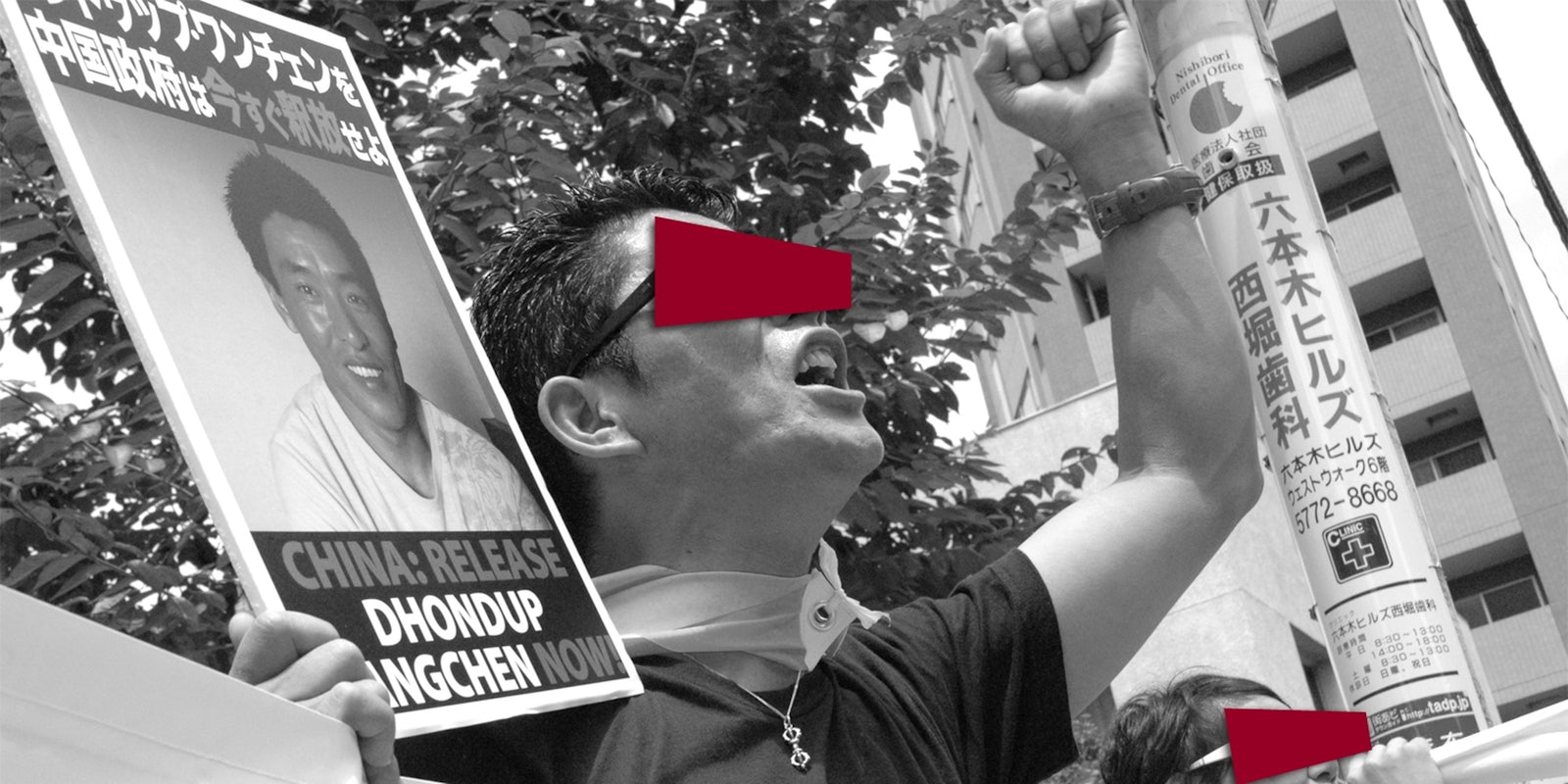Japanese Internet users will soon have a way to request that one of the country’s largest search engines erase records of their online behavior.
Yahoo Japan, a partnership between Yahoo and the Japanese company SoftBank, said on Monday that it was preparing to release rules explaining how users could get search results related to their embarrassing behavior scrubbed from its servers.
“If search results include information such as individuals’ personal addresses and telephone numbers, or about petty offenses from many years ago, those results will be removed” pursuant to a user’s request, said the Japanese news site Mainichi, reviewing a company statement.
The promise from Yahoo’s Japanese operation follows a May 2014 decision by the Court of Justice of the European Union that established the right of EU citizens to make removal requests. The ruling, which focused on Google Spain but applied to the entire EU, enshrined the so-called “right to be forgotten” in the EU’s human-rights charter.
Yahoo Japan will consider whether the user requesting a deletion is a public figure or a major corporate board member as well as the user’s age and how much time has passed since the incident in question.
A key question in the debate over the right to be forgotten is whether youthful indiscretions should be digitally preserved for eternity in order to dissuade future generations from similar behavior. Supporters of the right argue that preserving minors’ misconduct forever would create an unfair and undesirable chilling effect, while opponents of search-result deletion claim that it indelibly harms transparency and censors history.
In attempting to balance these concerns, Yahoo Japan will delete records containing “sexual images, medical records, and damage suffered from bullying or crime,” according to Mainichi, but preserve search results detailing “past crimes, arrests, and other misconduct.”
Yahoo Japan’s decision follows an October 2014 Japanese court ruling that forced Google to delete search results implying that a Japanese man had ties to organized crime.
Photo via sfthq/Flickr (CC BY 2.0) | Remix by Fernando Alfonso III
